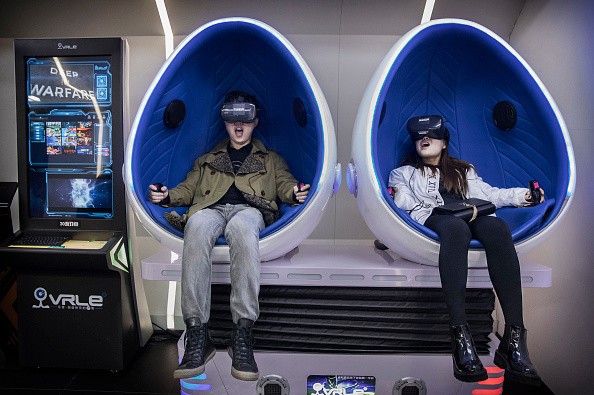Kevin Geiger, the founder and executive director of the International Animation and Virtual Reality Research Center at the Film Academy, is at the forefront of convincing everybody in the filmmaking business that the future of VR films will be in China.
Besides the opportunities brought by VR-enabled hardware, the industry is also turning its attention to software and the kind of topics Geiger is talking about. There are new VR startups exploring different ideas that involve VR film-editing and animation.
As China already became the fastest-growing film market in the world in 2015, Geiger reopened Magic Dumpling, an independent film studio that he started with a couple of Chinese partners back in 2009. Its goal is to create VR entertainment that focuses on what's really going on in the society, which will give audiences something to think about.
According to the China Electronics Standardization Institute, China's VR market will reach over 55 billion yuan in 2020. CESI is an institute that sets the standard for the VR industry.
Geiger proposed several projects aimed at taking advantage of VR's ability to situate its audience directly in the story, allowing them to explore the film while structuring a way to pull them back to common experience on its key points.
Eric Hanson, a teacher at the University of Southern California’s School of Cinematic Arts and a VR content developer at xRez Studio in California, said: "That rapid rate of consumer adoption gives Geiger a better opportunity to push VR in interesting directions in China than he would have in the U.S. where adoption has been slower."
Eddi Lou, founder of Sandman Studios, a Beijing-based startup creating VR-animated features, has this to say: "It will take some time before a true VR blockbuster sweeps the movie world in China, in part because finding investors willing to take a chance on virtual-reality movie projects is difficult, but also because filmmakers are still searching for their narrative language."


